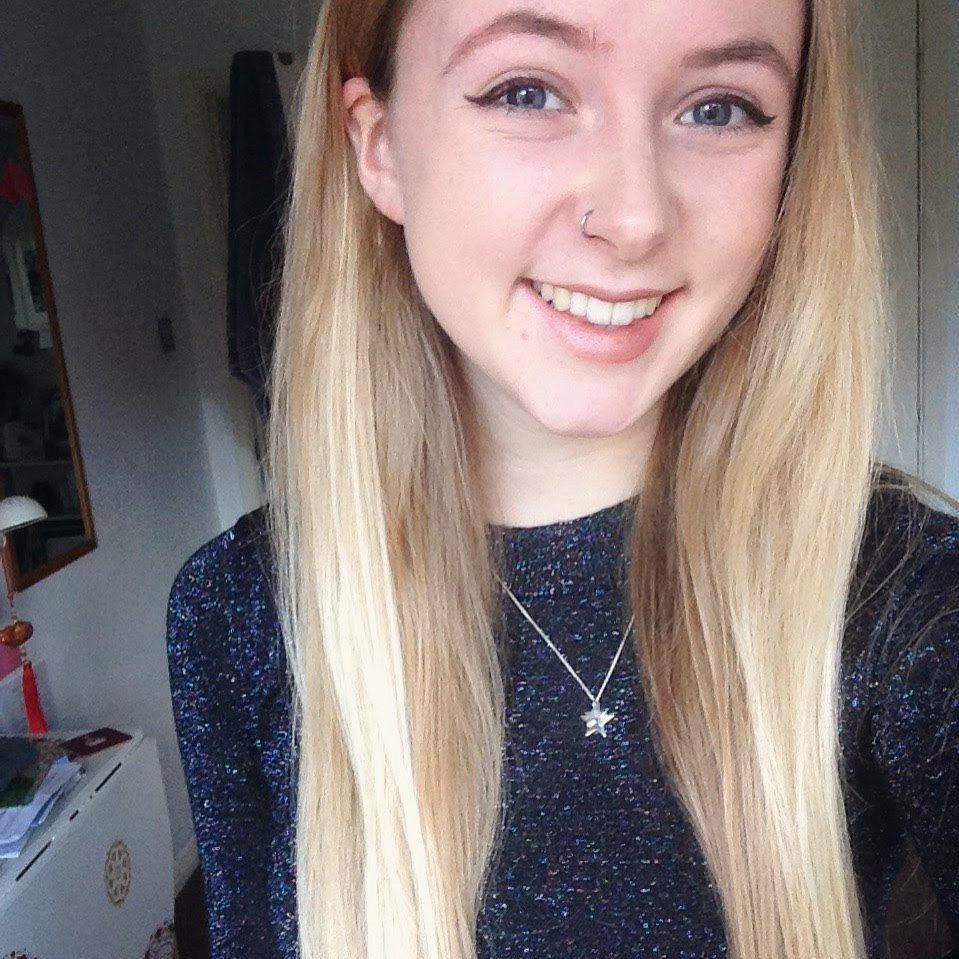Welcome to our new section, Thrive on Campus, devoted to covering the urgent issue of mental health among college and university students from all angles. If you are a college student, we invite you to apply to be an Editor-at-Large, or to simply contribute (please tag your pieces ThriveOnCampus.) We welcome faculty, clinicians and graduates to contribute as well. Read more here.
Although I have known deep down for a while, I’ve never truly admitted it until now: I am an Instagram addict and it is damaging my mental health.
When I first got the app several years ago, it was just as a bit of fun. A way of sharing photos with friends and seeing what they were up to — totally harmless. However, as I got older this somewhat innocent use of the app changed and it all became quite damaging. At around 17 years old I was still sharing photos with friends, but instead of just posting a photo and going off the app like I used to, my mind would be preoccupied with it. I was Instagram obsessed. I would keep checking every few minutes to see if the photo had gained any more likes. And if a selfie I posted didn’t end up getting many likes I would feel awful. Instagram likes were a sense of validation and self-worth to me.
Although now, four years on, I don’t care for the likes and I just post photos because I want to, I still have problems with Instagram. The first problem is the amount of time I spend on it. It wasn’t until I got one of those apps that measures your phone usage that I realised how much time I spend on social media every day, and on one app in particular (no prizes for guessing which one). I was shocked at the amount of time I spent on Instagram. So much so, that in a desperate attempt to limit my usage I turned off all notifications for Instagram, which did help a bit, but I still found myself clicking onto the app and endlessly scrolling. I even tried unfollowing literally hundreds of accounts, so I was only left following my actual real-life close friends and family. My theory was “Fewer accounts = less content to view = less time spent on Instagram.” And it worked…somewhat. But I was still going on Instagram more often than I would have liked to. Checking for new stories and updates of what my friends were up to, or phrased another way, what I was missing out on. If I was walking between classes, waiting for the bus, or getting ready for bed, I would be on Instagram.
My second problem with the app is that, without realising it, I was feeding into the “my life is perfect” culture of Instagram. I only posted pictures of the fun things I was up to and the days I looked my best — giving anyone who looked at my account the false sense that I always looked like that or I was always having fun with friends. Which just simply isn’t true. I know first hand how damaging social comparison can be for mental health, especially for young people, and I do not want to play a role in that.
For these reasons, I decided enough was enough and that I would disable my account. When you disable your account, it acts like you have deleted it, but you have the option to recover it later if you wish. I have not yet decided how long I will disable it for, or if I will eventually delete it for good, but for the moment I think it is for the best. I will give an update in a few weeks’ time on how my life without Instagram is going, so stay tuned!
If you have Instagram, perhaps ask yourself these six questions:
- Is checking Instagram one of the first things you do in the morning?
- Is checking Instagram one of the last things you do before bed?
- Does it take you ages to post a photo?
- Do you keep checking for likes after you’ve posted a photo?
- Do you message your friends asking them to like your photo if it isn’t getting many likes?
- Do you go on Instagram when hanging out with friends in real life?
If you answered yes to any of these, you too may be an Instagram addict. Perhaps you would benefit in joining me and disabling your account too. Let me know how it goes if you do!
Ps. For those of you wondering, I do still have my other shared “blog” Instagram account, https://www.instagram.com/healthyvibrations_/, which I do not go on as often and that keeps the post content honest and real.
Subscribe here for all the latest news on how you can keep Thriving.
More on Mental Health on Campus:
What Campus Mental Health Centers Are Doing to Keep Up With Student Need
If You’re a Student Who’s Struggling With Mental Health, These 7 Tips Will Help
The Hidden Stress of RAs in the Student Mental Health Crisis

